Scientific American
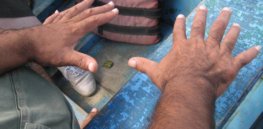
Polydactylism: Six fingers and toes may be better than five
In a thrilling paper published recently in Nature Communications, researchers set out to study the abilities of people with extra fingers. This condition, known ...
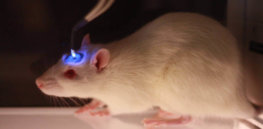
‘Artificial’ memory and identity’: Scientists create memories ‘indistinguishable’ from natural ones—in mice
Experience and memory are inexorably linked, or at least they seemed to be before a recent report on the formation of completely ...

‘Genealogical anxiety’ and why questioning the genesis of your core beliefs ‘can liberate you’
I recently encountered a term for a syndrome that has bugged me since childhood: genealogical anxiety. The phrase was coined by ...
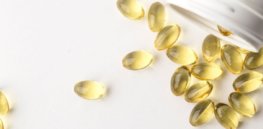
Studies’ review of 24 supplements: Fish oil a ‘waste of money’ for consumers hoping to gain heart benefits
Consumers have been told so many times that dietary fish oil supplements promote heart health that it seems to be ...

‘Short sleepers’: People with this genetic mutation need less sleep than the rest of us
[T]hanks to a mother and daughter who share a rare genetic mutation—and who routinely need just six hours of sleep ...
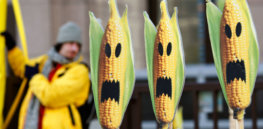
Plant geneticist Kevin Folta: Scientific American’s rewritten anti-GMO article a ‘lesser abomination’
The Scientific American article about "dying broccoli" and "toxic corn" drew wide criticism for its unreferenced and outright false indictment ...
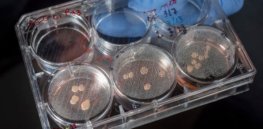
Lab-grown ‘mini brains’ with neural activity of pre-term infants could boost brain, disease research
Scientists have been trying to grow human organs—including kidneys, livers, skin and guts—from scratch well over a decade. These “organoids” are not ...

Experiencing self-awareness: How children discover who they are
[I remember] when I first became self-conscious, aware of myself as something weird, distinct from the rest of the world, ...
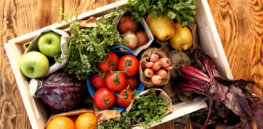
Viewpoint: Produce is sugary, GMO ‘poison’? Scientific American embraces long-debunked food safety tropes
The lies and distortions start early in this appalling Scientific American article -- and they keep going to the end ...
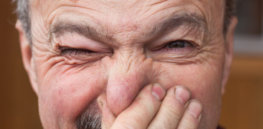
What’s that smell? How our brains detect and cope with all the odors we encounter
Olfactory neurons in your nose have evolved some 400 odor receptors, and each neuron contains only one. Receptors are tuned ...
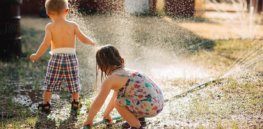
Are first-borns really more assertive? How birth order affects personality
In spite of sharing genes and environments, siblings are often not as similar in nature as one might think. But ...
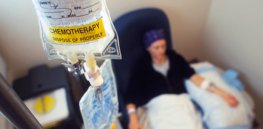
Darwin’s theory of evolution suggests a new approach for treating cancer
Cancers that have spread, known as metastatic disease, are rarely curable. The reasons that patients die despite effective treatment are ...
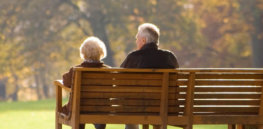
Dementia patients often have lucid moments. Can these ‘awakenings’ help us treat Alzheimer’s and other diseases?
An elderly woman suffering from late-stage Alzheimer’s disease had neither talked to nor reacted to any of her family members ...

Viewpoint: Aggressive US approach to cancer doing ‘more harm than good’
To paraphrase [author and oncologist Siddhartha] Mukherjee, testing represents an inversion—or perversion--of the Hippocratic oath to do no harm. A ...

Women’s sex drive can be boosted with testosterone. Long-term risks need to be studied.
An absence of desire is not an inevitable facet of aging for women, [endocrinologist Susan] Davis says. There’s a name ...
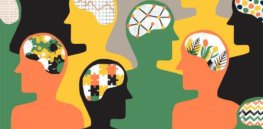
Viewpoint: We need to recognize autism as a medical disability, not just a different way of being
Advocating for medical research, former president of Autism Speaks Liz Feld has stated that one third of people with autism ...
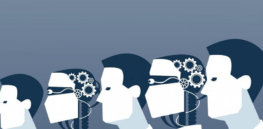
Artificial intelligence doesn’t ‘think’ like we do. How can we ever trust it?
Today, digital information technology has redefined how people interact with each other socially, and even how some find their partners ...
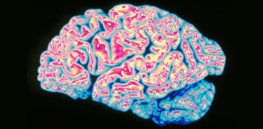
Taming immune system after stroke could reduce risk of brain damage
The pathology of a stroke is deceptively complicated. In the simplest sense, strokes occur when the blood supply to a ...

Brain’s ‘instant replay’ system helps us make better decisions
A report published on June 27 in Science reveals how the hippocampus learns and hard wires certain experiences into memory ...
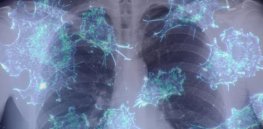
Artificial intelligence could change the way we detect, treat breast cancer
The same technology that powers Siri and face recognition on your iPhone has also found success in medicine. By automatically ...

Virtual reality could transform the way we treat anxiety disorders, chronic pain and Alzheimer’s
Experts used to worry that virtual reality (VR) would damage our brains. These days, however, VR seems more likely to ...

Viewpoint: Biological terrorism isn’t as scary as you may think
As new biological techniques advance, there are justifiable concerns these technologies could be used to create manmade pandemics. These worries ...
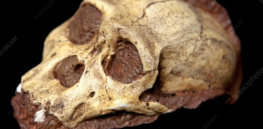
Remembering that fossils once had lives—long before we discovered their ancient bones
Fossils are the only remaining traces of once-living beings, and their collective and individual lived experiences simply cannot be known ...
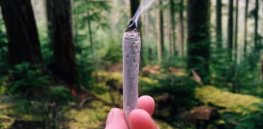
Can you become addicted to pot? This gene increases your risk.
Danish researchers have for the first time identified a gene that increases the risk for cannabis use disorder. About 10 ...
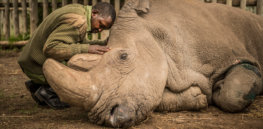
Why scientists are hesitant to declare a species extinct
If so many species are going extinct, why don’t we hear about new extinctions every day? The answer to that ...
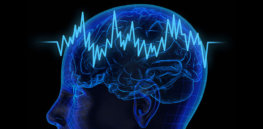
Electrical ‘brain ripples’ could boost memory for the elderly, Alzheimer’s patients
Specific patterns of brain activity are thought to underlie specific processes or computations important for various mental faculties, such as ...
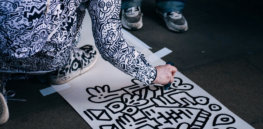
Are people with ADHD really more creative than the rest of us?
Those affected by attention deficit hyperactivity disorder (ADHD) are clinically thought of as inattentive, hyperactive and impulsive. However, people with ...

